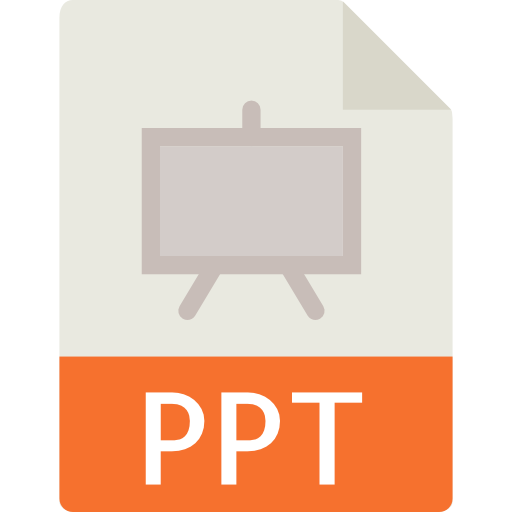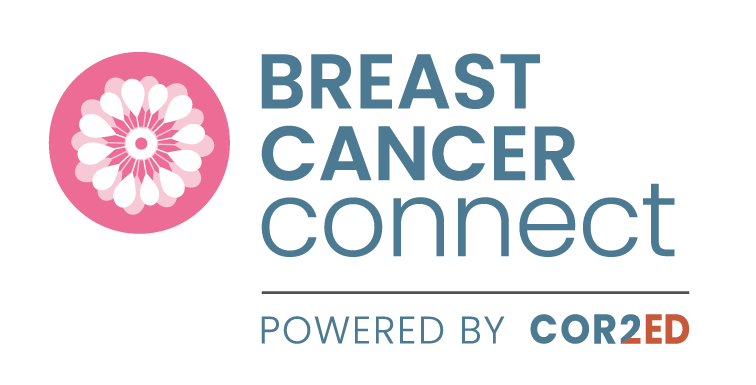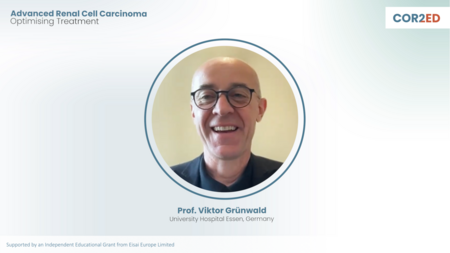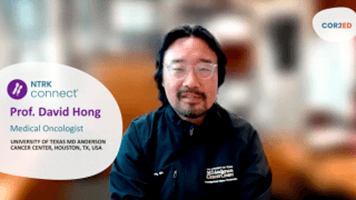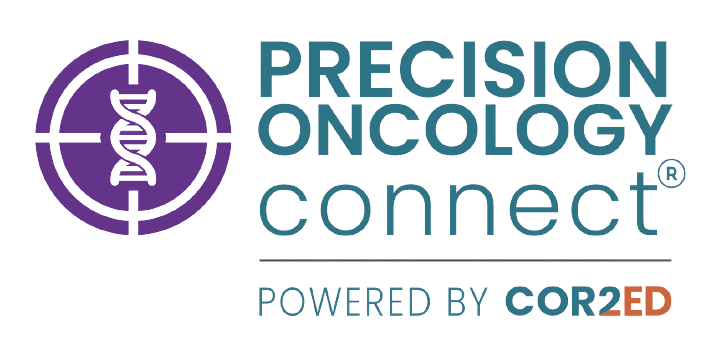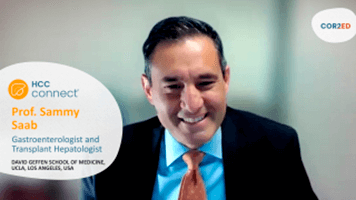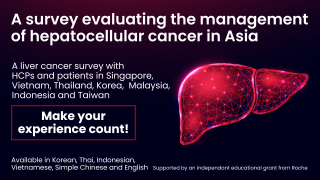
Shared decision-making between nmCRPC patients and the healthcare team (Part 3 of 3)
Shared decision-making between nmCRPC patients and the healthcare team (Part 3 of 3)
Dr. Jason Alcorn covers steps 4 and 5 of the GUIDE Communication Framework, explaining how to direct the patient and carer to additional support and the importance of empowering the patient.
Dr. Jason Alcorn covers steps 4 and 5 of the GUIDE Communication Framework, explaining how to direct the patient and carer to additional support and the importance of empowering the patient.
Dr. Jason Alcorn
Watch the video and download the slides

Dr. Jason Alcorn
Nurse Consultant
Mid Yorkshire Hospitals NHS Trust
United Kingdom (UK)
Dr. Jason Alcorn has received financial support/sponsorship for research support, consultation, or speaker fees from the following companies:
|
2 min
|
Nov 2021
This programme was made for you: your opinion matters
Share your feedback in just 4 clicks and help us to continue to create the content you need.
I agree that this educational programme:
Was valuable to me:
1/4
Has improved my knowledge of this topic:
2/4
Is likely to change my clinical practice:
3/4
Was balanced and unbiased:
4/4
download resources
This programme was made for you: your opinion matters
Share your feedback in just 4 clicks and help us to continue to create the content you need.
I agree that this educational programme:
Was valuable to me:
1/4
Has improved my knowledge of this topic:
2/4
Is likely to change my clinical practice:
3/4
Was balanced and unbiased:
4/4
Hello, I am Dr Jason Alcorn and I'm from The Mid Yorkshire Hospitals NHS Trust in the United Kingdom.
I'm going to be talking about the strengthening shared decision-making between non-metastatic castrate-resistant prostate cancer patients and the healthcare team.
Directing the patient to additional support and Empowering the patient
This is using the GUIDE Communication Framework. I will be talking about directing to additional support and empowering the patient. If we consider the first step is directing patients to additional support, we must consider all the local options available in our areas, centres or regions.
We must consider the information provision to patients and ensuring the patient understands the information provided.
Empowering the patient by involving them in the shared decision-making process can increase the likelihood of treatment success.
As Uro-oncology nurses, we play a vital role in this process, we undertake holistic reviews of patients and ensure the patients have the right knowledge. Factors to consider are: the physical and psycho-social aspects, such as any existing comorbidities, or barriers that the patients may face such as psychological distress of the disease.
Also understanding the treatment options of darolutamide, apalutamide and enzalutamide. These may present with potential drug interactions. We must understand the safety profile or any polypharmacy that the patient may have and also consider bone health.
We must take into account the quality of life of the patient and also their wishes, these are paramount to involving them in their treatment and decision-making process.
To download the slides go to gunursesconnect.cor2ed.com. Thank you for listening on behalf of GU Nurses CONNECT and remember - download the slides.
The GUIDE Communication Framework: Strengthening shared decision-making between nmCRPC patients and the healthcare team
This is the last in a series of three newsletters explaining the GUIDE Communication Framework, a simple 5-step approach to optimise the role of the nurse in strengthening shared decision-making between nmCRPC patients and their healthcare team.
GUIDE’s five letters each represent a crucial step in your conversations with patients with prostate cancer.
Gain insight into goals of treatment and care
Understand gaps in the patient's knowledge
Inform and educate
Direct to additional support
Empower the patient
Dr. Jason Alcorn explains how to Direct the patient and the carer to additional support and the importance of Empowering the patient, making them feel they can actively participate in the shared decision-making and treatment process, and why these steps are an important part of a successful treatment journey.
In the first newsletter, Veerle Lamotte covered steps 1 and 2 of the GUIDE framework and explained why it’s important to Gain insight into the goals of treatment and care as a first step in supporting your patients along the agreed treatment journey and how to Understand the gaps in the patient’s knowledge, allowing you to prioritise where you focus when it comes to informing and educating the patient.
In the second newsletter, Joanie Pfahl and Jennifer Sutton covered step 3 of the GUIDE Communication Framework and explain the importance of Informing and educating the patient, and why it is essential for nurses to have up-to-date knowledge about the disease and common symptoms, key studies relating to nmCRPC, treatment aims and options, potential side effects and proactive management as addressing patients’ knowledge gaps in the right way is critical in managing their treatment successfully.
GU NURSES CONNECT is an initiative of COR2ED, supported by an Independent Educational Grant from AstraZeneca, Bayer and Eisai Europe Limited.






